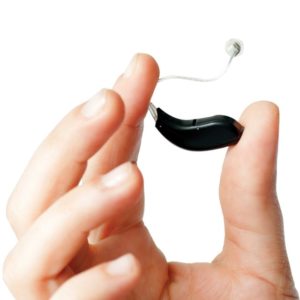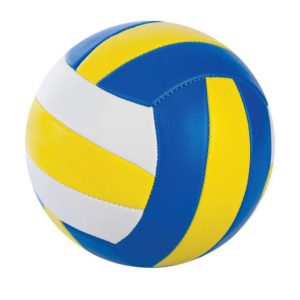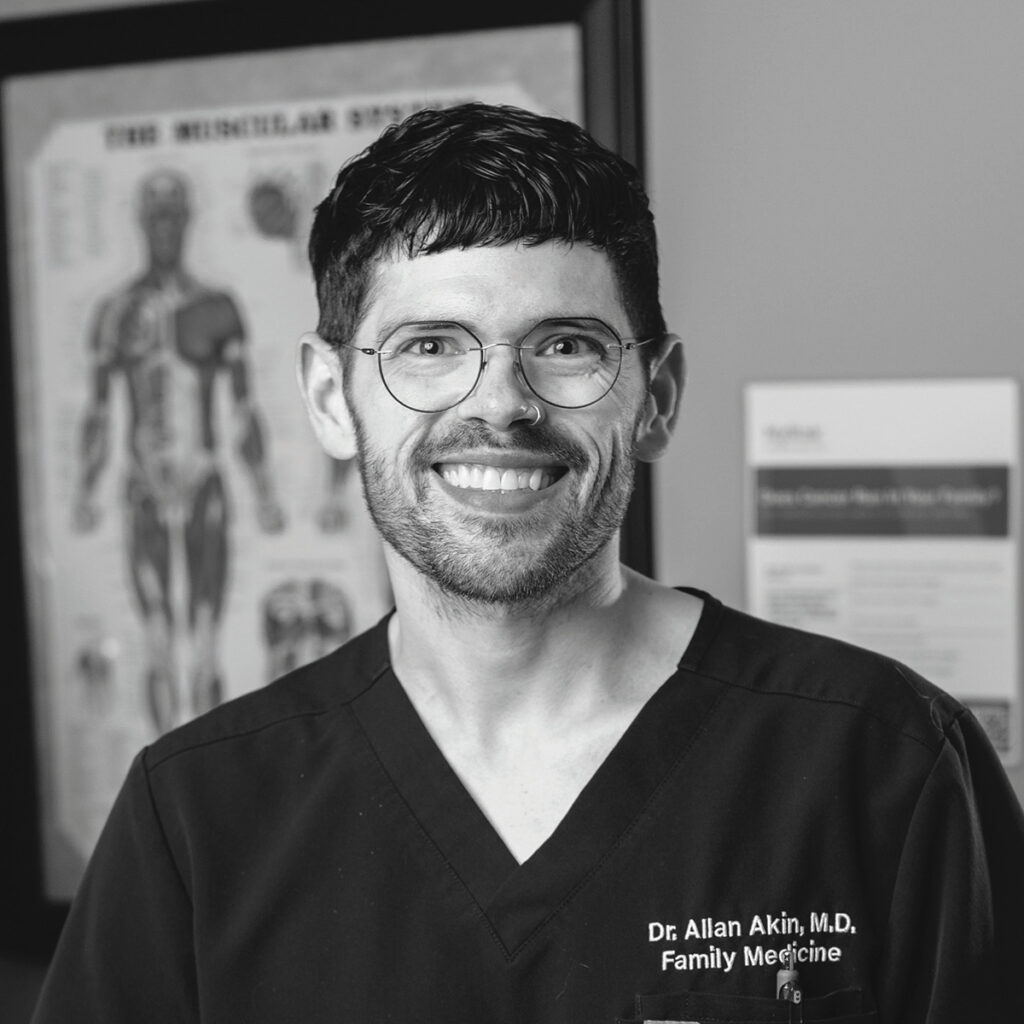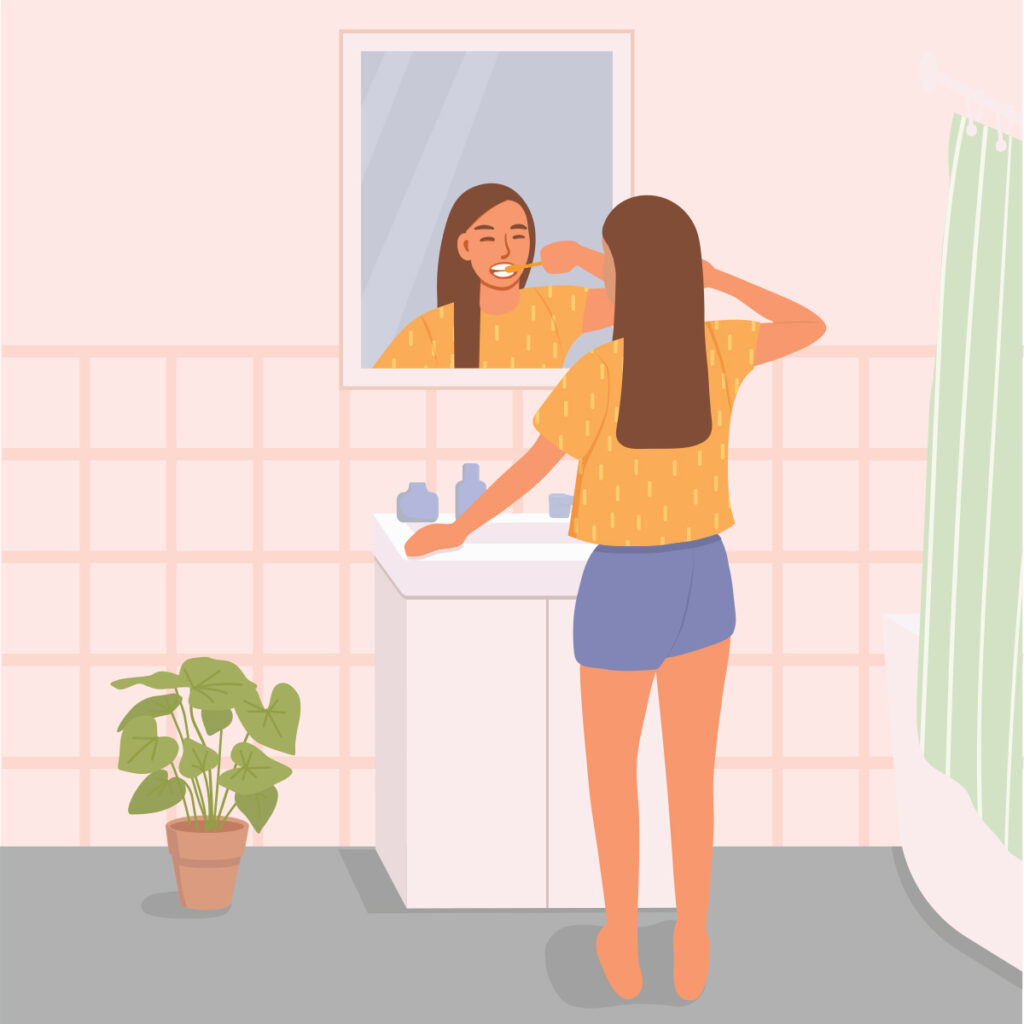 Q: CAN SWEAT IMPACT MY HEARING AID’S ABILITY TO WORK PROPERLY?
Q: CAN SWEAT IMPACT MY HEARING AID’S ABILITY TO WORK PROPERLY?
A: It can, if you go for long periods of time without proper cleaning and care. Modern hearing devices are extraordinarily powerful, even boasting more computing power than the computers that put man on the moon. This makes them very sensitive to the environment both in and outside the ear. Any material, whether natural (such as cerumen, body oil, dry skin or sweat) or “foreign” (such as sprays, lotions, and powders) can negatively influence your hearing aid’s ability to function. To keep hearing aids in good working order, it’s vital you visit your hearing health care provider at least twice per year for a check-up and professional cleaning. At your visit, your hearing professional will thoroughly clean the tiny sensitive parts of each unit and ensure your device continues to function at full capacity.

Q: MY ELDERLY MOTHER SUFFERS FROM LOW VISION. CAN ANY NEW TECHNOLOGIES OR OPTICAL MAGNIFIERS HELP?
A: A large variety of optic aids are available! Your challenge will be to choose the best fit for your mother’s needs. A good place to start is taking your mother to a low vision optometrist for an examination. The optometrist can then recommend optic aids with the best amount of magnification. Keep in mind: stronger magnification isn’t necessarily better. Generally, the stronger the magnifier, the smaller the field of vision – so if your mother uses a strong magnifier to read, she might only be able to see a few letters at a time. Other technologies, such as electronic magnification, allow for a large amount of enlargement along with a large field of view. They also offer great flexibility for viewing objects across the room or performing close-up tasks (such as reading, applying makeup, etc.). Your optometrist may also recommend that your mother receive occupational therapy to ensure she can effectively use optic aids. This training can give your mom more confidence in her ability to perform tasks she may have thought she would never be able to do again.

 Q: I SUFFER FROM RAGWEED ALLERGY AND RECENTLY MOVED TO CHATTANOOGA. WHAT SHOULD I KNOW ABOUT FIGHTING MY ALLERGY HERE?
Q: I SUFFER FROM RAGWEED ALLERGY AND RECENTLY MOVED TO CHATTANOOGA. WHAT SHOULD I KNOW ABOUT FIGHTING MY ALLERGY HERE?
A: First, welcome to Chattanooga! It’s an incredible city with so much to offer. Something important for you to understand as an allergy sufferer is that Chattanooga ranks among the nation’s top cities for allergies. To answer your question about ragweed, it is one of the most common allergens during the fall months along with molds. Our warm fall weather causes ragweed to grow faster and in greater numbers here – pollen can be elevated from August until the first frost – which can trigger seasonal allergies to peak earlier and last longer than other cities. To combat your symptoms, start with a saline rinse and an over-the-counter antihistamine like Zyrtec. Also, avoid opening your windows or exercising outdoors in the morning, as this is the time when the pollen counts are higher. Finally, if you continue to have symptoms, seek out a board-certified allergist. An allergist can give shots to boost your immunity and help you put an end to your ragweed allergy for good.

Q: I HEARD MORE SURGEONS ARE PERFORMING SPINE CASES IN AN OUTPATIENT SETTING. WHY IS THAT?
A: Improvements in anesthesia, pain management, surgical techniques, surgical technology, and imaging have led to smaller incisions and faster recovery times. Now, patients who undergo a spine procedure in a hospital or surgery center can typically return home several hours later. The most common outpatient spine surgery is a lumbar microdiscectomy, which involves removing a disc fragment to alleviate sciatica (pain running from the buttock down the leg). Neck surgeries, such as cervical fusions or artificial disc replacements, are sometimes performed in an outpatient setting. Personally, if I perform these procedures early in the morning, the patient will usually return home the same day. Alternatively, if I perform them in the afternoon, the patient is usually observed overnight. Lumbar fusions are still primarily performed in a hospital as inpatient procedures. However, outpatient lumbar fusions have gained traction in many parts of the country. Of course, with any spine procedure, safety and comfort are essential. Your surgeon may recommend an overnight or inpatient stay if you have certain health concerns, limited mobility, or minimal help at home.

 Q: I PLAY VOLLEYBALL, AND I RECENTLY STARTED HAVING SEVERE PAIN ANYTIME I LIFT MY ARMS OVERHEAD. I DON’T WANT IT TO WORSEN AS THE SEASON GOES ON. WHAT SHOULD I DO?
Q: I PLAY VOLLEYBALL, AND I RECENTLY STARTED HAVING SEVERE PAIN ANYTIME I LIFT MY ARMS OVERHEAD. I DON’T WANT IT TO WORSEN AS THE SEASON GOES ON. WHAT SHOULD I DO?
A: It sounds like you’ve injured your rotator cuff, which is a group of tendons and muscles in the shoulder that provide stability and allow it to rotate. The most common cause of rotator cuff pain is tendinitis, which is inflammation of tendons and muscles due to overuse. The second most common is a tear, which is associated with weakness and may result suddenly from an event or develop gradually over time. The most important thing is: don’t ignore your pain. Left untreated, rotator cuff tendinitis can lead to a rotator cuff tear and a rotator cuff tear can grow bigger – even to the point where repair is no longer possible. If you continue to suffer from rotator cuff pain, see an orthopedic specialist for an evaluation. Treatment for tendinitis begins with more conservative options like anti-inflammatories, cortisone injections, and physical therapy. If you suffer from chronic rotator cuff tendinitis or a tear, your injury could require surgery.





